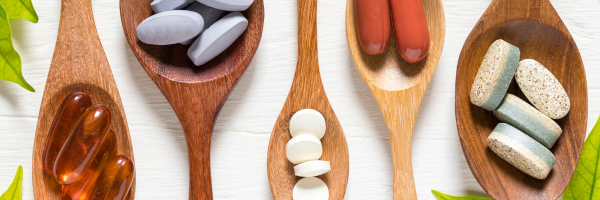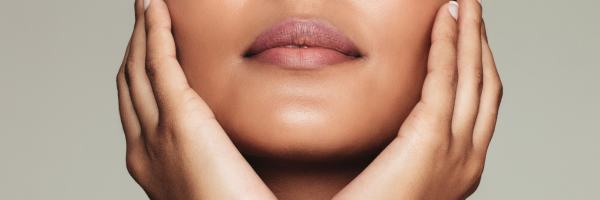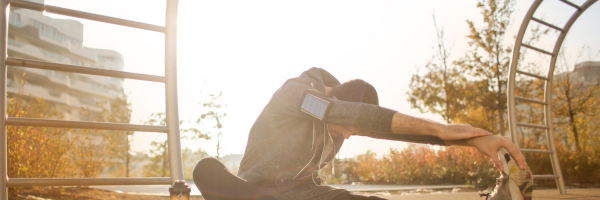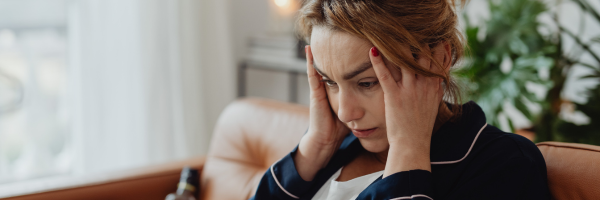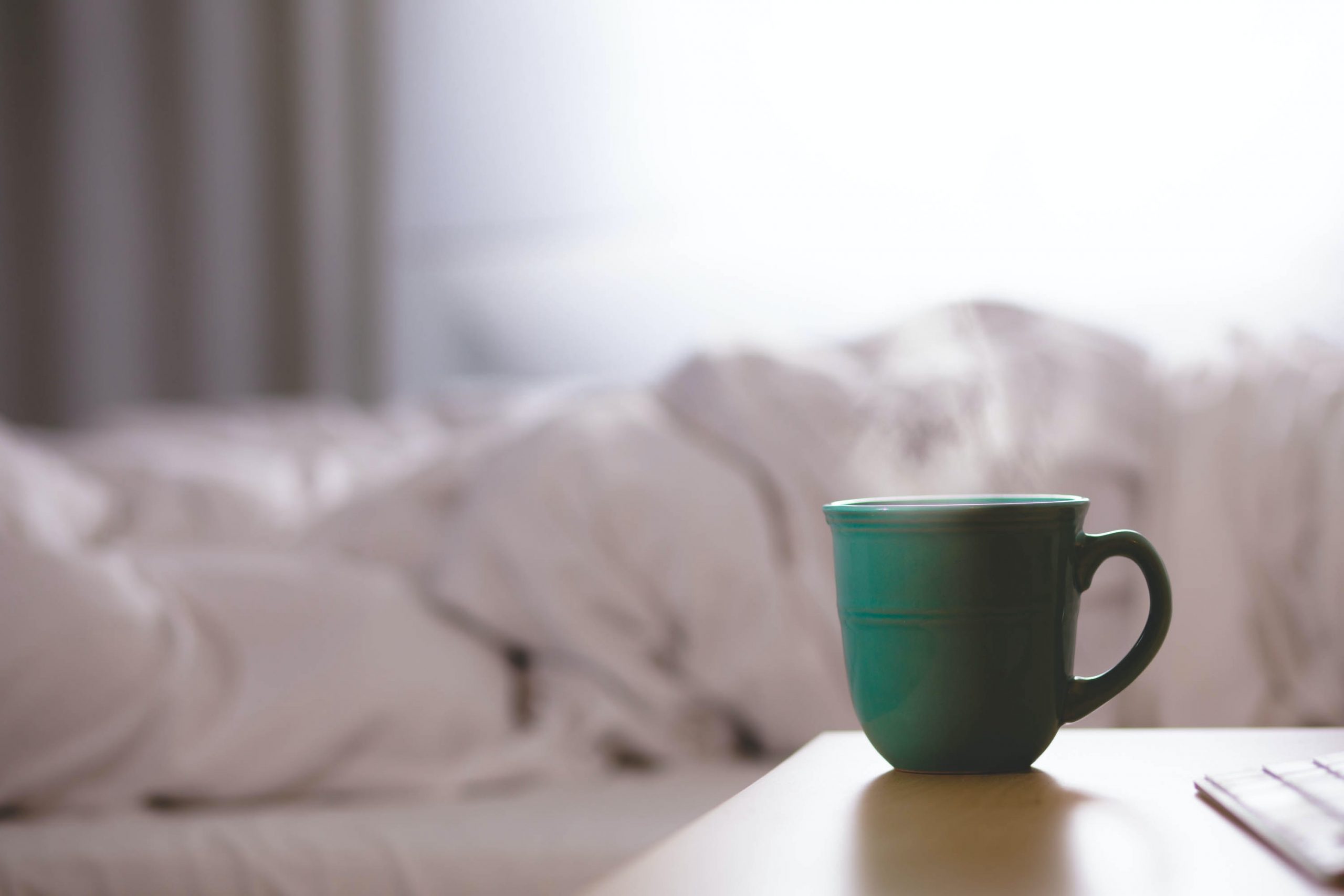-
Want an easy way to boost your health? It starts with the right foods! This week, we’re diving into a fascinating study on gut health, why fiber may be more powerful than probiotics, and five superfoods to keep in your kitchen for effortless nutrition. Plus, discover why not all calories are created equal—and how choosing nutrient-dense foods can make all the difference. Read on to fuel your body the right way! 🌿✨
-
Stress is an unavoidable part of life, but how we respond to it can make a world of difference to our health. From stress eating to feeling constantly “on edge,” our daily habits can either help or hinder our body’s ability to recover and thrive. This week, we’re exploring how stress impacts our health and sharing simple, actionable tips to keep your nervous system balanced and resilient.
-
Your health is your greatest asset, and staying informed about hidden risks and simple self-care strategies can make all the difference. This week, we’re spotlighting the risks of pesticides, a stress-relief technique to keep you grounded, and how nutrition plays a role in maintaining youthful skin. Let’s dive in!
-
In recent years viral respiratory tract infections, especially influenza viruses, have had a major impact on communities worldwide as a result of unavailability of effective treatment or vaccine. The frequent alterations in the antigenic structures of respiratory viruses, particularly for RNA viruses, pose difficulties in production of effective vaccines. The unavailability of optimal medication and shortage of effective vaccines suggests the requirement for alternative natural therapies. Several herbal remedies were used for prevention and treatment viral respiratory illnesses. Among those that were found effective included maoto, licorice roots, antiwei, North American ginseng, berries, Echinacea, plants extracted carnosic acid, pomegranate, guava tea, and Bai Shao. There is scientific evidence regarding the effectiveness of several complementary therapies for colds. Oral zinc may reduce the length and severity of a cold. Taking vitamin C supplements on a regular basis only slightly reduces the length and severity of colds. Probiotics were found better than placebo in reducing the number episodes of acute upper respiratory tract infections, the rate of episodes of acute upper respiratory tract infection and reducing antibiotic use. Alkaline diets or drinks might have antiviral properties as in vitro studies demonstrated inactivation effect of alkaline medium on respiratory virus. Earthing might have a natural anti-inflammatory effect for human body. It is now accepted that an overwhelming inflammatory response is the cause of human deaths from avian H5N1 influenza infection. Earthing accelerates immune response following vaccination, as demonstrated by increases of gamma globulin concentration. No in vivo or clinical studies were found that investigate the role of alkalization or earthing on respiratory viral infections. Thus, future studies are recommended to reveal any potential curative effects.
-
Our current global health climate has propelled the human immune system into the spotlight. At the same time, the average person has a limited understanding of how the immune system works or how it can be supported through dietary and lifestyle interventions. While people may think they are at the mercy of health threats, the reality is that there is much you can do to support the health and resilience of yourself and your loved ones.



